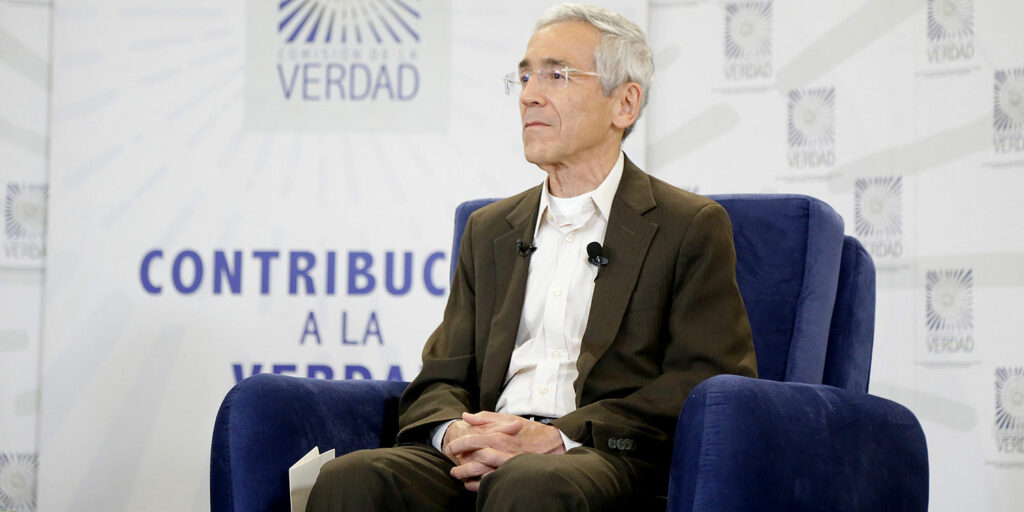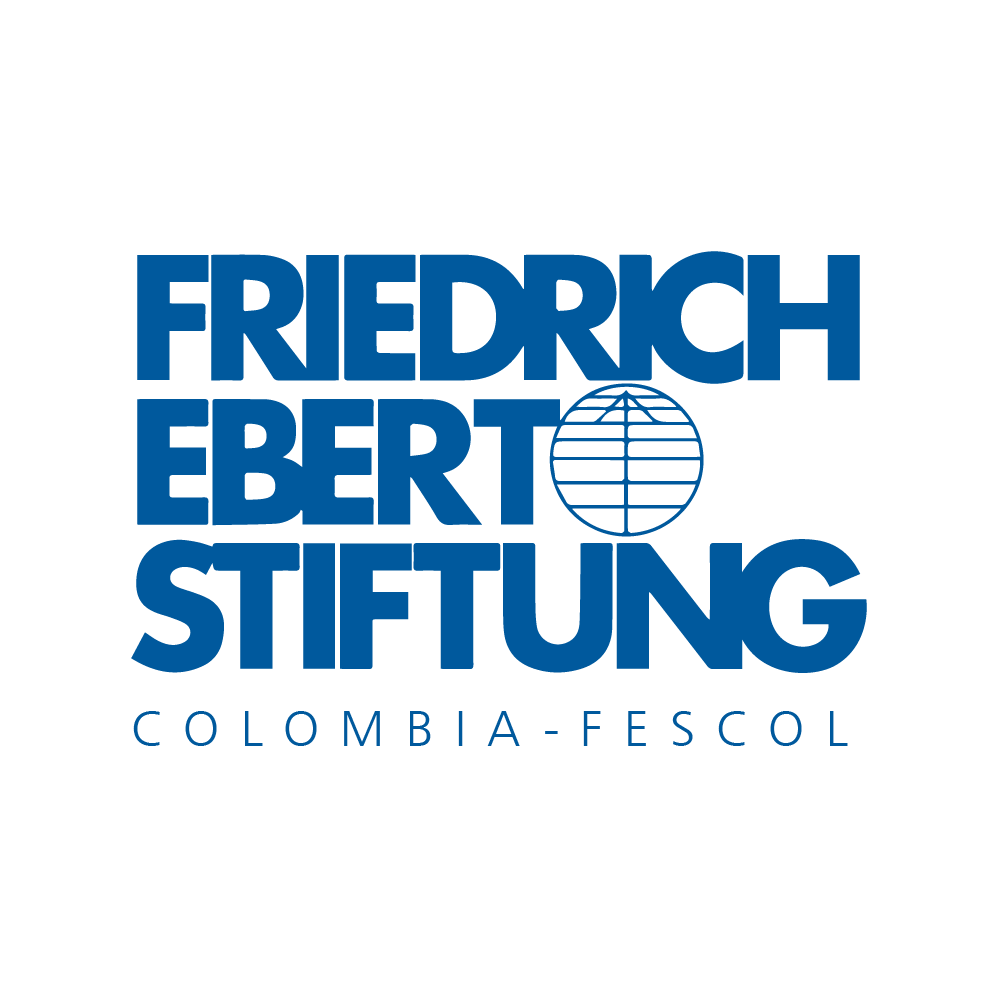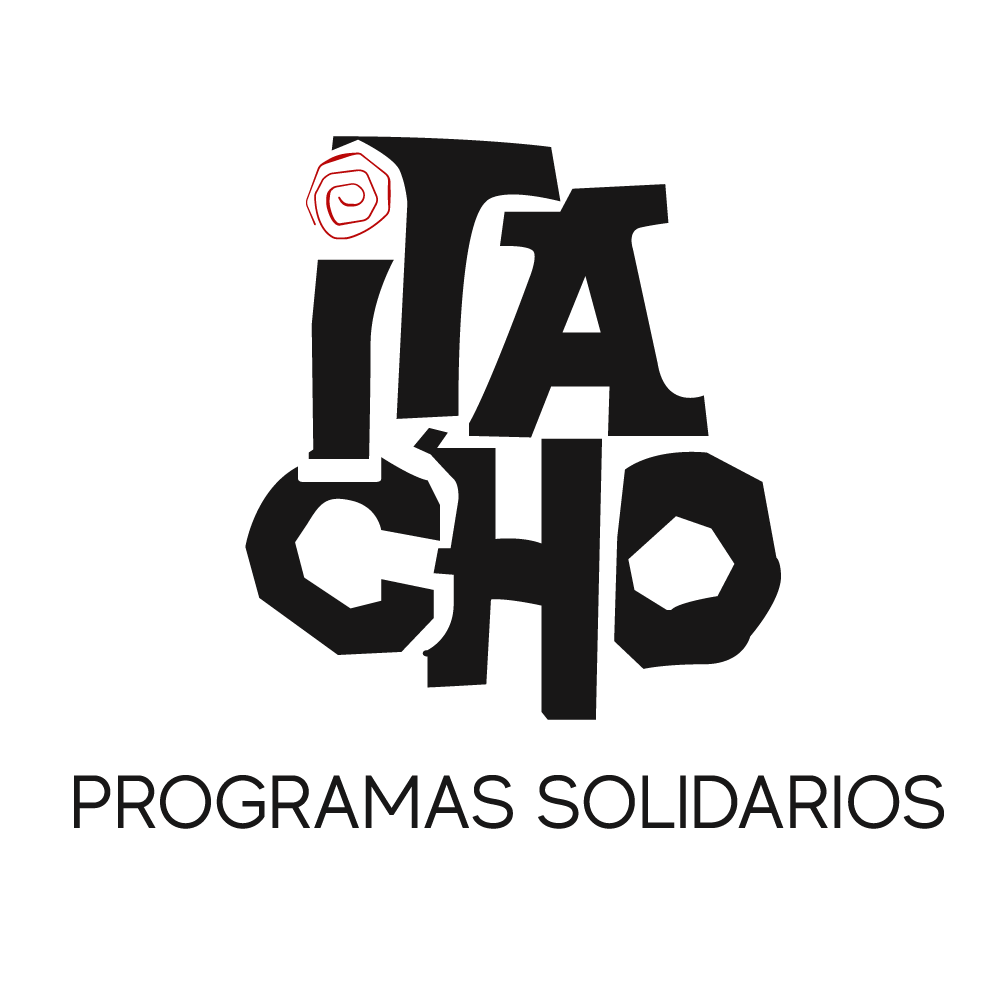The Single Registry of Victims is about to reach the shameful figure of 9.2 million Colombians affected by the war. In practice, all sectors of society have been hit by it: some in a worse way than others, but all have suffered from the ‘blindness’ produced by mixing weapons with political and economic interests.
From peasants, indigenous people and Afro-descendants living to their own devices in the rough rural areas of the country, to university students, trade unionists, politicians and businessmen in the cities, all have suffered some kind of affliction by the armed conflict. Women and people of diverse sexual orientation have also been affected by gender issues.
And all groups, both those granted a monopoly of arms by the Political Constitution to protect the Nation and its inhabitants, as well as the illegal groups that appealed to different ideologies to defend different causes and accumulate power, attacked civil society with fury.
The launching of the Truth Clarification Commission opened the door to begin to heal those wounds, by knowing and understanding how the events that filled the country with pain, fear and absences occurred. Diverse voices want to be heard and there are many unanswered questions; for that reason, the expectations for the report to be published by the Commission in the middle of next year are enormous.
On the occasion of the fifth anniversary of the signing of the Peace Accord, VerdadAbierta.com spoke with the president of this extrajudicial body, Father Francisco De Roux, who, with ten other commissioners and a large team of researchers from various disciplines, has the difficult task of bringing society face to face with a reality that for decades has turned its back on it.
VerdadAbierta.com (VA): How do you define these three years of mandate entrusted to you by the Peace Accord?
Francisco de Roux: It has been a very strong experience of meeting with the country from the depths of the human tragedy, of what was the armed conflict and, very particularly, of the very hard war years.
It has been a gathering that has touched the soul of all the members of the Commission and has set us on a complex path, with many questions. What is it that we really should and can say to the country, in a perspective of understanding of what happened to us to have reached such a deep dimension of human destruction?
How can we have a discourse that summons us to build together, in our differences, the country that the children of Colombia deserve from now on, knowing that we have legitimate different political positions, that we have different ethnic groups, different cultures, different gender approaches and different ages? And how can we get from there to a joint vision to work towards?
VA: What is your assessment of the management of the Truth Commission? What has the entity achieved?
FDR: First of all, I am absolutely convinced that the truth event, as I would call it, has been a fact and I believe that the Commission has contributed very seriously to that. Not only in the 24 Truth Houses in different regions of the country, but in the number of events held.
The events of listening to people, the events of social dialogue; the multitude of films, of small videos, but above all of the events of dialogue with the unions, with the indigenous, with the Afros, with the Rrom world, with the LGBTI communities, with the people who are in prison, with the FARC, with religious groups, with businessmen, with the media, with the military, with the police, with politicians.
It is what we would call the happening of the truth: a growing interest of the people, who had at the beginning a great deal of reluctance.
On the other hand, the Commission’s study. We have personally met with 23,000 people in long meetings. Any such event lasts a day, to try to delve into their perspective of what they suffered in the conflict. They are basically victims from all sides.
This Commission wonders how to come up with a discourse that helps us Colombians to move forward. We have experienced this with enormous honesty, asking ourselves many questions. In this regard, I would like to say that none of the commissioners belong to any political party, nor are we interested in any party winning. We are interested in this country facing the truth of what happened.
We are convinced we are not the holders of the ultimate truth. As we are a state institution, will we have a state truth? No. That would be the most stupid and false thing to do. We want to open a path, but starting from solid truths, which must be affirmed, and which hurt on all sides.
That is why our discourse is not politically correct, but with a proposal: we can build this together.
VA: There are many expectations about the Final Report that the Commission is preparing. How will it reflect all the afflictions and differentiated impacts that Colombians suffered in more than 50 years of armed conflict?

FDR: This is the type of question that is currently being focused on us in a deeper way. We have a method that we are fine-tuning. The report will have a public ethics introduction, it is a call to the country.
Then it will have a summary, a very organized and rigorous compendium, which will be the central document that gathers what each of the chapters teaches and goes up to the recommendations. It is written for the public of the Republic, for the common people. It is not for academics.
Then it will have the chapters. We are not historians, but they will have an approach from the feeling of the communities, from the way people lived this and also from the feeling of people who were protagonists in this. The country felt this; that is a point of difference from what the Truth Commissions do: they are very experiential, but we will tell a story.
The chapter of cases is one of the most difficult things. To be able to state something with absolute seriousness, after contrasting, weighing, seeing different points of view and even giving up the hypothesis you had, is a very deep work. But once you know a truth, ethically you have the obligation to say it no matter what.
We have to say it, even if it bothers our families, the politicians on one side or the other. That is the challenge of truth. I hope we have the courage, the cleanliness and the determination to do it, but always being careful to say it in such a way that it is not a presentation of things to encourage revenge, finger-pointing and stigmatization, because that does not serve us at all, but to help us understand what happened.
VA: How many chapters will the Final Report have and what topics will it deal with?
FDR: In addition to the historical chapter and the chapter on cases, there will be a chapter on the effects or suffering of the communities. There we see the effects on businessmen, indigenous people, women, unions, educators, health personnel…
Then we have a chapter on how the people, in the midst of so many difficulties, had peace initiatives and fought for democracy; and we find journalists who gambled for peace; the Indigenous Guard and the Maroon Guard who acted without weapons; the peace movements of the country, the number of things that the social pastoral did, what the Mennonite Church did, what the universities did for peace.
We will have a chapter on women and the LGBTI communities, those who were beaten because of their gender condition. We will have a chapter on how children were taken to war. We will have an ethnic chapter that focuses on the differentiated history of indigenous and Afro-Colombians.
We have a chapter on the community in exile. The Commission has been in contact with 24 different countries and we are moving in a scenario of 500 thousand Colombians who left for reasons of the conflict exclusively and there is a bit of everything. There are military personnel who did not accept to make ‘false positives’, there are judges who would have been killed if they did not leave, there are people who were in the Prosecutor’s Office and the Attorney General’s Office, there are indigenous people, Afro-Colombians, trade unionists, journalists and businessmen who left after very painful kidnappings.
We have a chapter that is rather oral and very moving, which are the voices of the conflict. And we have a chapter of recommendations.
This gives an idea of the structure of the Report, but it has very deep crossroads. The Commission has received 67 reports directly from the Army and the Police, and these things we cross and focus them in the dialogue between different chapters.
VA: What difficulties has the Commission encountered in carrying out its work?
FDR: There are some external difficulties. The Peace Agreement, with all its limitations, brought about a change and made the FARC stop its war and the State stop its war against the FARC; 20 percent of them gave up and went back to war, which is very normal in these processes worldwide.
There really was peace between the Colombian State and a group that was very hard at war, but paradoxically Colombia was much more divided. The plebiscite made it evident and then the presidential elections. I would not say that the country is politically polarized, but that it is divided: there are aggressions, suspicions and distrust.
And the Commission has had to navigate within that. We are one of the institutions born from the Havana Agreement and for a significant number of Colombians, because we were born from there, we do not have legitimacy. It happened to us with former President Uribe who told us: ‘I do not accept your legitimacy and I am going to speak because I want to contribute to the truth’. (Read more in: Former President Uribe’s staging of the Truth Commission).
These political constructions that not only Uribe have done, of picking up this pain and mobilizing this rage and indignation to turn it against others, have happened from side to side in Colombia. This is the scenario in which the Commission navigates.
The other difficult scenario is that it has been a risky scenario for the victims who come to talk to the Commission; for the people who have talked to us in the prisons, who fear that they will be killed for talking to us. For example, when we spoke with Mancuso -extradited paramilitary chief-, his lawyers were threatened.
Another difficult element is the pandemic. That is why victims’ and human rights organizations asked for the extension of the Commission’s time. It was supposed to end on November 28, but as we are a state entity, we fell under the restrictions imposed -to contain the pandemic-. For us it is very important to go out in the field to meet with the victims in all corners of Colombia and this was totally obstructed.
We did not stop. All that year we continued working through computers, but you cannot enter into conversation with a victimizer who is in his house, next to his children and wife, to ask him what he has not wanted to tell anyone, least of all his family. Or how to reach an indigenous community in the mountains that has no possibility of communication?
Thanks to that, we asked for seven more months to finish the report; and a couple extra months in which we are going to do the socializing, going around telling the country what it needs to be said. Fortunately, we are going to do that once the new President of the Republic is elected. The Final Report will be presented one week after the second presidential round.

VA: Victims’ and human rights organizations are afraid that the Final Report will not be presented and that it will remain in small circles or will remain eating dust on shelves. How will it be presented and what will happen afterwards? What will be done to make the report useful for the communities in remote regions that bore the brunt of the war?
FDR: Unlike other Truth Commissions, which handed in the report and left, we are going to show our face for two months all over the country. Starting by talking to the Congress of the Republic, to the President’s team, to the Courts, to the universities, to the communities, to the unions, to the Army and to the FARC. We are going to do this personally, as well as with the media.
Secondly, we are going to create a Monitoring and Follow-up Committee. That is part of Decree 588 that formed us. As we have proposed, for seven years, this Committee will ensure that the recommendations made by the Commission in the Final Report are implemented.
Thirdly, we are creating a network of allies and entrusting them with this effort we are making. To receive it critically, of course, but also to continue the process in their hands. We started with a little more than 3,000 organizations of all kinds throughout the country.
And then we are going to make a great pedagogical effort to prepare society and deliver the report. A significant element is the transmedia: the Commission is going to leave it in the hands of the country, with absolutely free access, so that everybody can take it on their cell phones and get into all the documents, all the testimonies and all the films, so that the country can make its own interpretation of what we did, and so that it can continue advancing in the conversation.
VA: Victims’ organizations point out that the lack of time did not allow many people to be heard, some even allege that the Commission did not adequately reach rural Colombia. Do you share that assessment? How was the effort to reach the deepest corners and take testimonies?
FDR: We did what we could and we will continue to do what we can. There will always be a totally legitimate dissatisfaction on the part of the victims. In the formal registry of victims of the State today there are about 9 million 200 thousand victims.
With each victim, or when we go to jail, we spend one or two days; visiting a whole victimized community in the mountains takes a week. If we were to dedicate one minute to the 9 million victims, it would take us 17 years, working 24 hours a day, to hear them all. This claim is perfectly legitimate, but I can say: we have honestly received with all our heart all those who have come to the Commission, we have gone out to look for them, we have gone to the places where it seemed to us those things were the hardest.
VA: Some sectors perceive that the Commission gave more importance to talking to all those involved or to the reconciliation than to the construction of truth. As examples, they refer to the appearance of former president Juan Manuel Santos on ‘false positives’, the conversation with former president Uribe and the appearance of Salvatore Mancuso with Rodrigo Londoño, where they were not refuted or contrasted. Do you share that opinion? Will there be contrasts in the Final Report?
FDR: That will be fully contrasted in the report. The final objective is the reconciliation of this country, and that can only be done on the basis of the truth, and the truth in the most solid way. Perhaps what happens is that, in our method, there are some things that must be looked at with care.
We are not a legal entity. We cannot force anyone to come to the Commission, we invite and give people the possibility to speak. We ask questions, but we do not ask them in such a way that we seek to force them to admit their guilt in public before the country. If in a legal process a person cannot be forced to testify against himself, much less can we.
However, in all these public cases we have a very long and deep personal preparation. We made a personal visit to Mancuso in prison. A commissioner went to the United States to talk to him and we have 26 hours of detailed recordings and we did not pressurize him to say it publicly, which it is absolutely important.
Prior to the conversation with President Santos, there were two long conversations with the members of the plenary of the Commission. And we accommodated ourselves to the manner of each president. Former President Gaviria received us in his house twice, President Pastrana came to the Commission, President Samper also. We visited President Uribe because he did not want to come, but we wanted all the presidents to be there and listen to them. Afterwards we had a private conversation with President Uribe.
If you take any of these episodes, it may seem that they do not give everything. I would say that these are processes. The total answer cannot be given in one step and all partial answers are incomplete. One accumulates things, to arrive at something that we hope to deliver in the Final Report.
In any case, we also know that whatever we do, we are going to be criticized from all sides. We will be criticized by the Army, the Police, all the candidates, the presidents… We will be criticized from all sides because the truth is a struggle. We hope it will do well and we are working for it to do well.
VA: We ask the same question to all the people we consulted for this special report: in retrospect, after five years of implementation of the Peace Accord, with its successes and mistakes, despite the fact that some regions are burned by new cycles of violence and that the country is not living in the projected scenario, was the peace process with the FARC worth it?
FDR: I am convinced that it was. Not only because the big war was very hard and it is over. And there is a second reason why I am convinced: after talking with trade unions, social organizations, indigenous people, Afro-Colombians, young people from universities, there is a very strong rejection of the war in the country, which was not there before.
I lived through times when social organizations and organizations that fought for rights were not in the war, but they legitimized it. They said: ‘Well, at least there has to be a rearguard to protect the social struggle and to defend us – excuse me – against these bastards’.
Today there is no such thing. Today you see unions, social organizations and peasants fighting for peace and a real conviction that everything the war touched, it damaged. This is new in Colombia. There are very few who think that the war of the ELN or the dissidents is legitimate.




